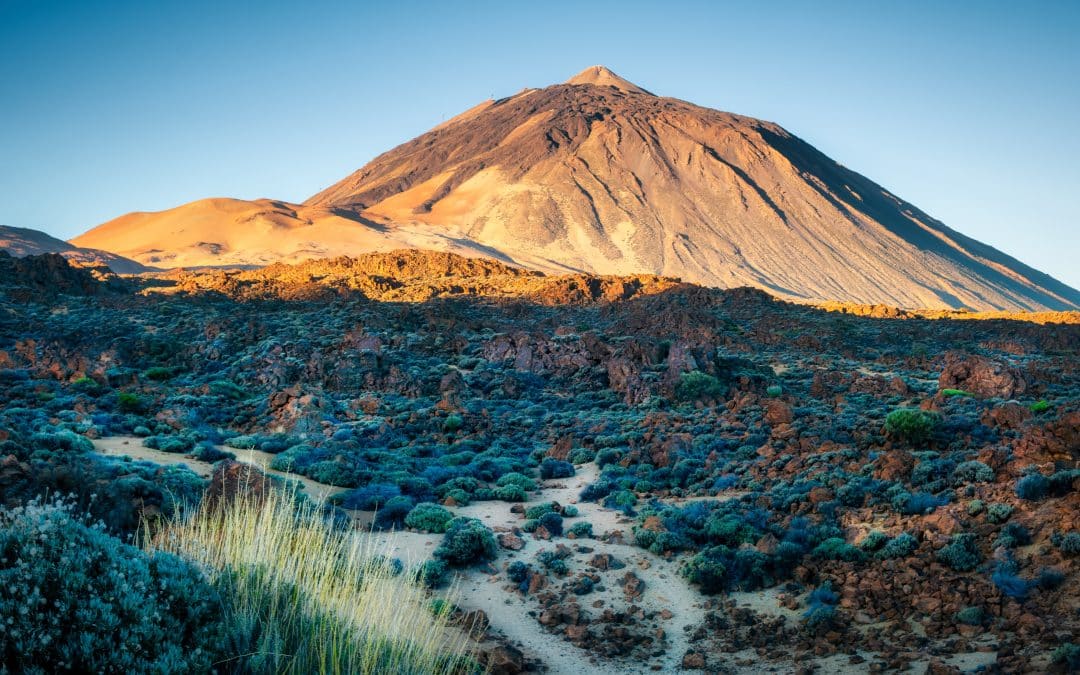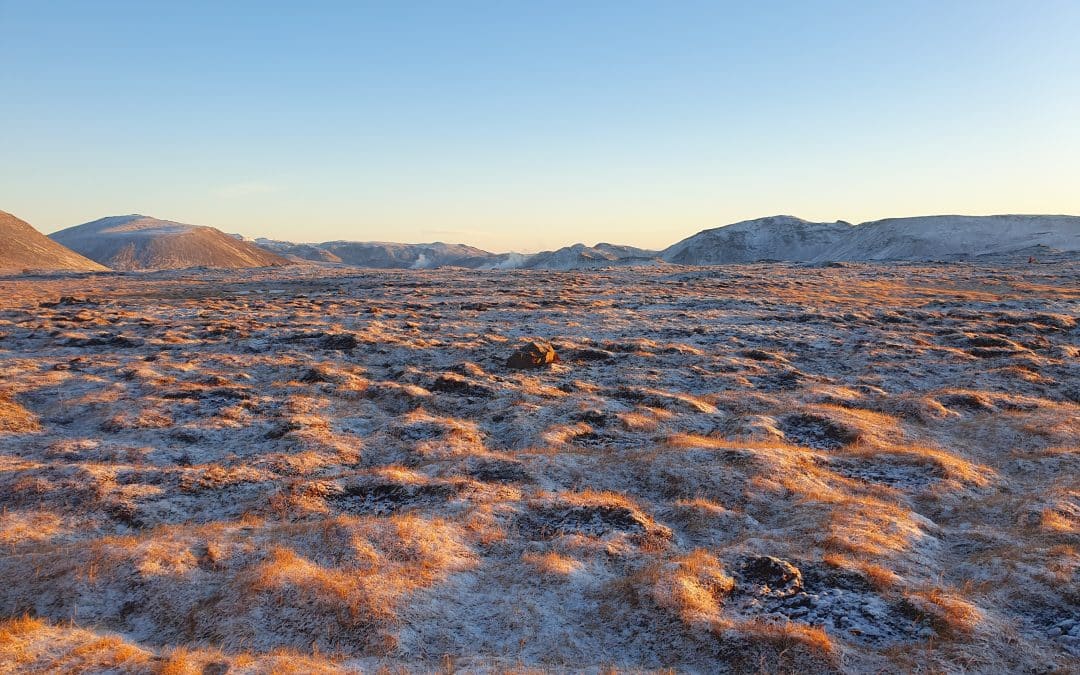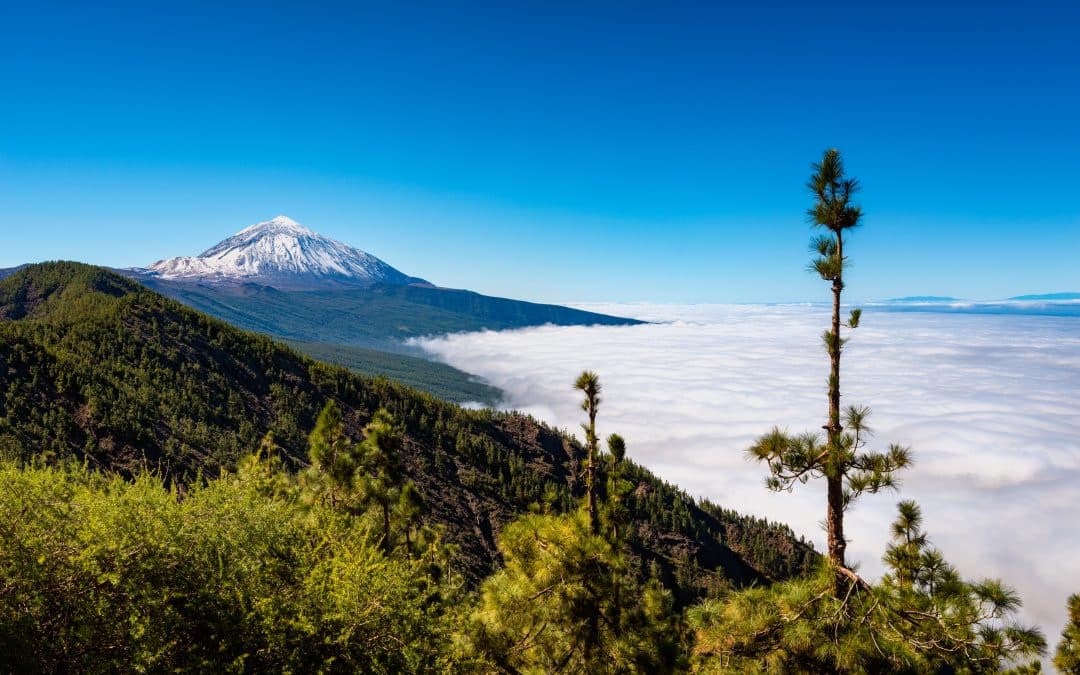William Davison and Ahmed Feteha – Bloomberg News – Addis Ababa, Ethiopia – March 25
Egypt and Sudan took another step toward cooperating with Ethiopia on the hydro-power dam it’s building on the Blue Nile river after the three nations’ leaders signed an accord on Monday.
The countries agreed that the river’s waters should be used in a way that doesn’t cause “significant damage” to any of them and that any disputes will be resolved through negotiations, according to a copy of the “declaration of principles” published by Ahram Online, a state-owned Egyptian news website.
“The purpose of the Renaissance Dam is to generate power, contribute to economic development, promote cooperation beyond borders, and regional integration through generating clean sustainable energy,” according to the agreement signed in Sudan’s capital, Khartoum.
The 6,000-megawatt dam on the Nile’s main tributary will be Africa’s largest power plant after its scheduled completion in 2017. Ethiopia says it will benefit the region by generating electricity, reducing floods and storing water for use during droughts. Sudan and Egypt will receive priority to purchase electricity generated by the dam, according to the agreement.
The countries need to build quickly upon the “landmark” deal by working together through a joint ministerial committee, Egyptian President Abdel-Fattah El-Sisi said Tuesday at a press briefing with Ethiopian Prime Minister Hailemariam Desalegn.
‘Positive Step’
The accord “represents a positive step on the right path towards stronger cooperation among the three countries,” El-Sisi said in Addis Ababa, Ethiopia’s capital.
Egyptian officials have expressed concern there will be water shortages during the filling of the dam’s 74-billion cubic meters reservoir, a capacity that’s almost equivalent to one year’s flow of the Nile. While the dam is a “vehicle” for Ethiopia’s development, for Egyptians “it’s a source of worry, because the Nile is their only source of water and life,” El-Sisi said Monday in a televised speech at the signing ceremony.
The countries previously agreed international consultants will examine the project’s downstream impact after an initial assessment in 2013 concluded that further studies were needed.
Monday’s accord states that when the technical probe is completed the parties will apply its conclusions and agree on guidelines for filling and operating the dam.
Ensured Coordination
Ethiopia also agreed to inform Sudan and Egypt of any “urgent circumstances” that call for change in the dam’s operation to “ensure coordination with downstream countries’ water reservoirs.”
The agreed principles would be the basis for “all our future engagements,” Hailemariam said on Tuesday. “The most important progress we achieved is the political will and commitment from both sides to keep this momentum for the sake of our people,” he said. “I think we are at this stage, and this trust and understanding will continue.”
Egypt and Sudan say they have a legal right to all of the river’s water based on agreements that are rejected by the other Nile basin nations that weren’t signatories to them.




